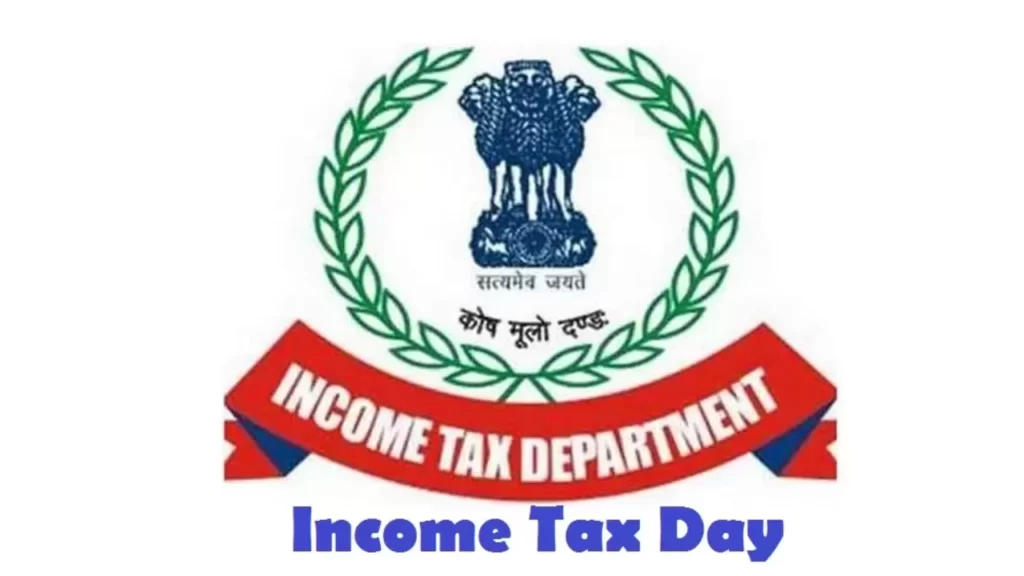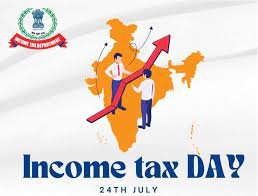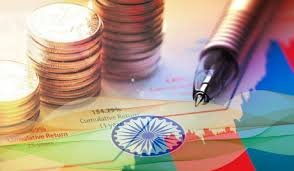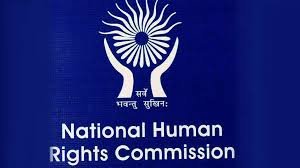Aaykar Diwas (Income Tax Day) 2023: Celebrating the Indian Tax System
Aaykar Diwas, also known as Income Tax Day, is an annual observance in India that commemorates the establishment of the country’s income tax system. Celebrated on July 24th each year, this day holds significant importance as it marks the progress and growth of India’s taxation system. The day not only highlights the responsibilities of taxpayers but also acknowledges the role of the Income Tax Department in nation-building. As aspiring candidates preparing for various government exams, including those for teachers, police officers, banking, railways, defense, and civil service positions, understanding the significance and historical context of Aaykar Diwas can provide valuable insights into the Indian tax system and its impact on the nation’s development.

Why this News is Important:
1. Commemorating India’s Tax System: The celebration of Aaykar Diwas serves as a reminder of the essential role taxes play in shaping the nation’s progress. It is an opportunity to recognize and appreciate the efforts of taxpayers who diligently contribute their share to support various developmental initiatives and government programs.
2. Creating Tax Awareness: Aaykar Diwas plays a crucial role in raising tax awareness among the citizens of India. It emphasizes the significance of being responsible taxpayers and fulfilling civic duties to build a strong and prosperous nation.
3. Showcasing the Role of Income Tax Department: On this day, the Income Tax Department organizes various events and outreach programs to showcase its efforts in ensuring tax compliance, preventing tax evasion, and providing taxpayer-friendly services.
Historical Context:
The history of Aaykar Diwas dates back to July 24, 1860, when the first income tax in India was levied by Sir James Wilson, the then British Finance Minister. This tax was introduced to compensate for the losses incurred during the First War of Independence in 1857. The tax was payable by individuals earning an income above a certain threshold.
Over the years, the income tax system evolved and underwent several amendments. Independent India saw significant reforms in the tax structure to support the nation’s growth and development. The Income Tax Act of 1961 replaced the earlier Income Tax Act of 1922, marking a new era in tax administration.
Since then, the Income Tax Department has been instrumental in collecting revenue for the government and ensuring compliance with tax laws. Aaykar Diwas was officially introduced in 2010 to commemorate the 150th year of the income tax levy in India, and it continues to be celebrated annually with various events and activities.
Key Takeaways from “Aaykar Diwas (Income Tax Day) 2023”:
| Serial Number | Key Takeaway |
|---|---|
| 1. | Aaykar Diwas is celebrated on July 24th every year to commemorate the establishment of India’s income tax system in 1860. |
| 2. | This day emphasizes the importance of responsible taxation and civic duty, encouraging citizens to contribute towards nation-building. |
| 3. | The Income Tax Department plays a crucial role in ensuring tax compliance and promoting transparent taxation. |
| 4. | Aaykar Diwas raises tax awareness among citizens, highlighting the significance of tax payments for the nation’s development. |
| 5. | Aspiring candidates preparing for government exams should be aware of Aaykar Diwas and its historical context, as it may be relevant to exam questions related to Indian tax system and governance. |
Important FAQs for Students from this News
Q1: What is Aaykar Diwas or Income Tax Day?
A1: Aaykar Diwas, also known as Income Tax Day, is an annual observance in India that commemorates the establishment of the country’s income tax system. It is celebrated on July 24th each year.
Q2: Why is Aaykar Diwas important?
A2: Aaykar Diwas holds significance as it highlights the role of taxes in nation-building, promotes tax awareness among citizens, showcases the efforts of the Income Tax Department, and encourages transparent taxation.
Q3: When was the first income tax levied in India?
A3: The first income tax in India was levied in 1860 by Sir James Wilson, the then British Finance Minister. It was introduced to compensate for losses incurred during the First War of Independence in 1857.
Q4: How does Aaykar Diwas link to government exams preparation?
A4: Aspiring candidates preparing for government exams, including those for civil service positions like PSCS and IAS, should be aware of Aaykar Diwas as questions related to the Indian tax system and its significance may be asked in these exams.
Q5: What is the historical context of Aaykar Diwas?
A5: The historical context of Aaykar Diwas dates back to the introduction of the first income tax in India in 1860. Over the years, India’s tax system underwent reforms, leading to the establishment of the Income Tax Act of 1961.
Some Important Current Affairs Links


















